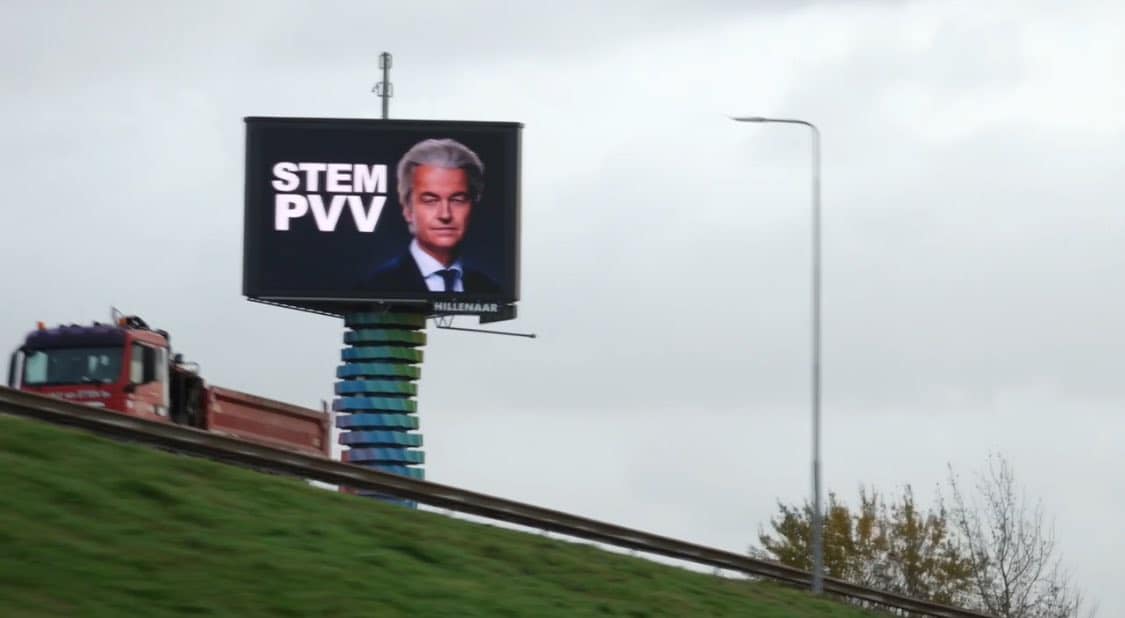Outsiders may already be wondering whether the outcome of the Dutch government’s coalition deal of four fractious far-right and centre-right parties constitutes a watershed moment for Dutch EU diplomacy.
However, questions should be raised about the expected durability of the Dutch coalition and the feasibility of its plans.
The content of the 26-page agreement boldly titled Hope, Guts, and Pride notably reflects the many disagreements within the coalition, which also includes two novel political projects and the traditional centre-right Liberals.
Apart from the deal’s shaky financial foundations, the coalition’s EU ambitions are fraught with political risk.
In short, concessions are sought from the EU executive to please domestic audiences in the Dutch priority areas of migration, agriculture and environment.
The drawback is that the European Commission is not able to deviate from the EU treaties and the rule of law.
The incoming clash with the reality of the EU political arena will put the coalition partners in an awkward position. Opposition parties have already slammed the coalition’s EU plans as unworkable. The idea of obtaining a Dutch opt-out from the EU’s migration policy requires EU treaty change and is clearly dead on arrival.
Egged on by vocal Dutch agro-industrial interests and the rightwing junior coalition partner Farmer Citizens Movement, the main focus of the Dutch government’s EU diplomacy is likely to turn towards ill-advised attempts to renegotiate its earlier implementation of established EU directives relating to agriculture and environment.
Successive Dutch governments have already failed to get EU approval for their uninspired, at times underhanded, implementation in the past 20 years.
The ‘nitrogen crisis’
For example, the 1992 Habitat Directive required member states to designate protected areas in order to protect biodiversity. The actual EU enforcement of Dutch commitments to reduce nitrogen emissions under this directive sparked a ‘nitrogen crisis’, which has impeded the construction of much-needed housing and infrastructure projects.
Dutch politicians tend to display the habit of labelling a persistent policy failure of their own making a ‘crisis’.
The previous government’s attempt at resolution was to relocate farms – inside or near protected nature reserves – on a voluntary basis, which sparked a major backlash by Dutch agro-industrial interests.
A key component of the new coalition, the rightwing populist Farmer Citizens Movement and to a lesser extent the Freedom Party, then rose to prominence on the waves of societal unrest by vowing to take the fight to Brussels, yet again.
The stakes are high. The Netherlands is the second largest global exporter of agricultural products and has the highest land prices in the EU. Effective implementation of EU environmental legislation would entail more extensive ways of farming. This would hurt Dutch farmers’ margins raising the prospect of farm closures, a powerful rallying cry for rightwing parties in the last election campaign.
Following heavy pressure from agro-industrial lobby groups, farmer-friendly majorities of MPs have already sent various ministers of the previous government to Brussels with unrealistic assignments.
Overall, Dutch politicians tend to severely underestimate the complexity of EU decision-making, the sympathy of other EU member states (who have already undertaken painful reforms to curb nitrogen reductions by their farmers or may vie a piece of the Dutch market-share), the political weight of the Netherlands as a member state, and the opportunities for ‘a la carte’ treatment on well-established EU acquis.
Confronting the Commission with delusional demands for an EU solution to the ‘nitrogen crisis’ rather than enacting domestic reforms is a clear political choice.
Using the EU as a scapegoat risks – and this might be by design – creating multiple feedback loops that fuel popular resentment against ‘Brussels’.
It seems to hinge on the general lack of understanding of the EU decision-making process among some of the Dutch agro-industrial stakeholders who belatedly pressure the government for political intervention at EU level at the end of the implementation phase of the EU policy cycle.
This stakeholder frustration is then fed back to the electorate. Failed attempts by ministers to renegotiate long-established EU directives could consequently boost popular support for populist coalition parties, while crowding out a viable domestic solution to Dutch agro-environmental issues.
The impact the fledgling Dutch government will have on EU decision-making remains to be seen. With the prospect of failed renegotiations on the horizon, risky political manoeuvres around the designation of the next EU Commission president in the coming months and EU budget negotiations can therefore be expected. The question dogging the Dutch coalition will soon be to face a reckoning with the electorate or continue with an ill-advised strategy.

